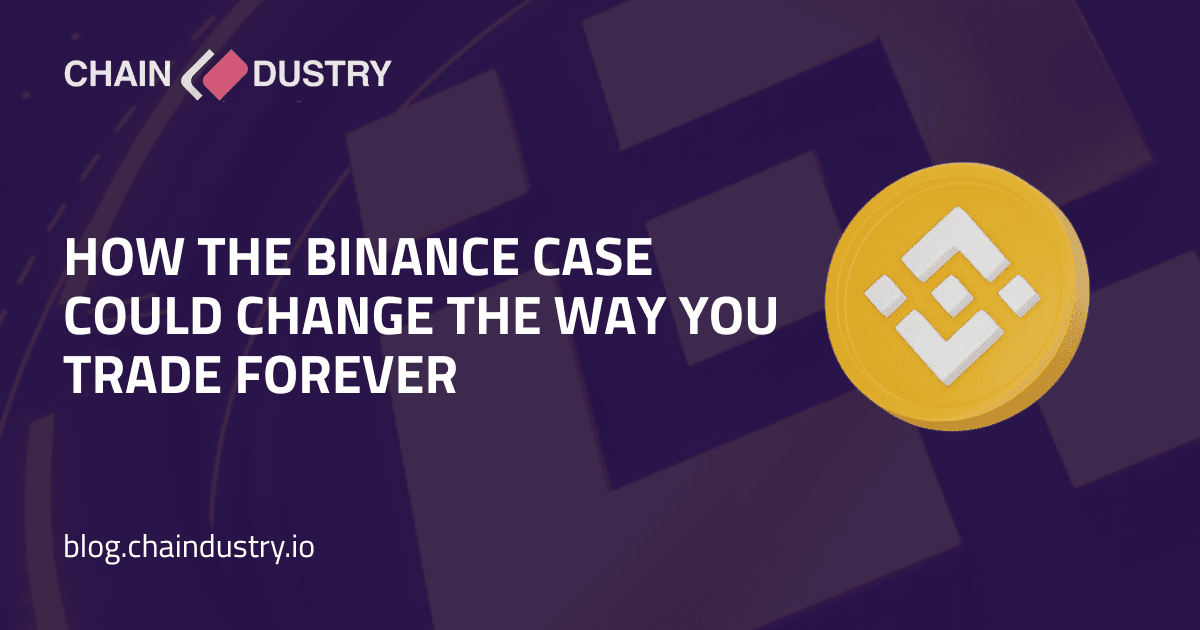Introduction
For years, Binance stood as the giant of the crypto world, handling billions in daily trades and onboarding millions of new users. But in 2023, the U.S. Securities and Exchange Commission (SEC) came down hard on the exchange, charging it with multiple violations from operating as an unregistered securities platform to failing in its compliance checks. The saga ended with Binance agreeing to a $4 billion settlement, one of the largest in financial history.
Now in 2025, that case still shapes the future of crypto exchanges and offers important lessons for both platforms and everyday users.
Why Did the SEC Go After Binance?
The SEC’s main argument was simple: many tokens traded on Binance were, in its view, securities. That meant Binance was offering investments without following the rules traditional stock exchanges must obey. Beyond that, regulators accused the company of:
1.Weak anti-money laundering (AML) controls.
2.Letting U.S. customers trade without proper registration.
3.Offering “staking” products that looked like securities.
For the SEC, the case wasn’t just about Binance, it was about setting a precedent that crypto platforms are not above traditional finance laws.
Lesson 1: Compliance Is No Longer Optional.
The Binance case signaled a turning point. In the early days of crypto, exchanges operated in a gray zone. But by 2025, regulators worldwide (from Europe to Asia) now require:
1.Licenses to operate.
2.Clear proof of reserves to protect users’ funds.
3.Transparent listings for tokens.
For smaller exchanges, this means higher costs but also higher trust. For users, it means safer trading environments.
Lesson 2: Your Trading Experience Will Change Forever
The Binance case made regulators sharpen their oversight of all exchanges, big or small. Expect:
1.Fewer risky tokens available for trading.
2.More Know Your Customer (KYC) checks before you can use platforms.
3.Higher fees as compliance costs rise. While this might feel restrictive, it also reduces the chances of exchanges collapsing overnight something we saw with FTX.
Lesson 3: Decentralized Alternatives Will Grow
As centralized exchanges (CEXs) tighten rules, many traders are moving toward decentralized exchanges (DEXs) like Uniswap or dYdX.
These don’t hold your funds, don’t require identity checks, and are harder for regulators to control.
Still, even DeFi is facing increased scrutiny, and some platforms are experimenting with “regulated DeFi” that blends user safety with decentralization.

How the Binance Case Could Change the Way You Trade Forever
The $4B settlement wasn’t just about one company, it was a message to the entire crypto industry: adapt or lose.
For exchanges, it means making operations professional and working with regulators. For traders, it means choosing between safer, more regulated platforms or going fully decentralized and accepting the risks. Either way, the days of the “wild west” in crypto are over.
Conclusion
The Binance vs. SEC case is rewriting the rulebook for crypto trading. Whether you’re a casual investor or a seasoned trader, understanding these changes will help you protect your money and make smarter moves in the fast growing industry.
